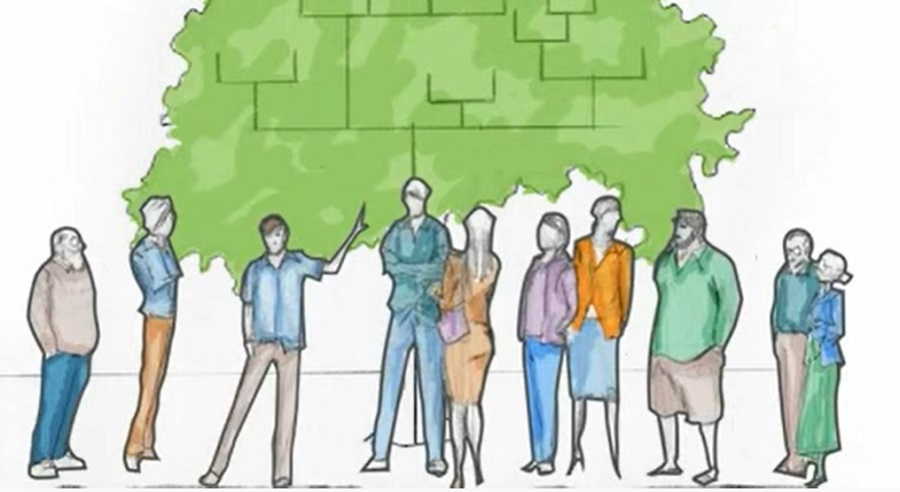Discover how to record all your results effectively so that you can find useful information again in the future.
Transcript
The National Archives holds millions of publicly available government documents, so when you're carrying out research, your own good recordkeeping will save you time and make your life easier.
Making careful notes of the documents and sources you've looked at will help you to find useful information again in the future, and prevent you from looking at, or downloading, the same document twice.
If you make notes on paper, make sure they are accurate. Every time something is copied, there is an opportunity for errors to creep in.
You can create a checklist and mark off the documents you've already looked at, and highlight the ones you want to look at in the future. Online databases and indexes, for example, are updated regularly, so repeating a search after a few months may provide new material.
If you're researching online, you may be able to download images of documents, or search results, and save them.
But however you carry out your research, listing the results in the order in which you found them will allow you, or anyone who reads your notes later, to be able to follow your research sequence.
Whether you're recording your own family history, or working on an academic study, you will need to back up your conclusions with evidence from original sources.
So, keeping notes will help your research to be more effective, and enable those who come after you to follow in your footsteps and understand how you reached your conclusions.
More video guides
How the records are arranged
Understand how records are arranged to help save you time and make your research more productive.
Ordering documents
Find out how to copy, order and view the documents held by The National Archives and how to access popular records online.
Preparing to research
Find out where to look when you first start your research, and how to assemble and organise your findings to get better results.
